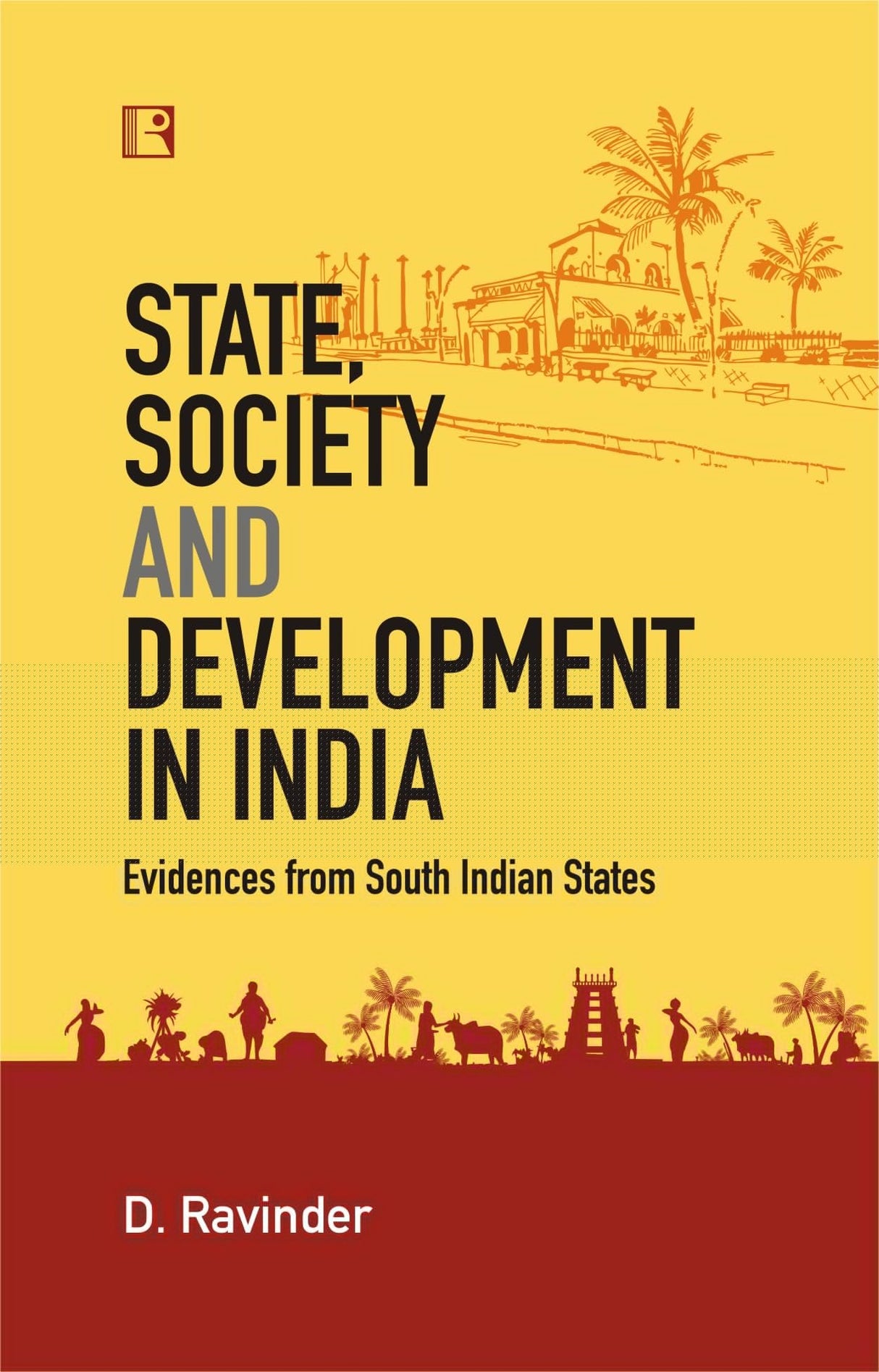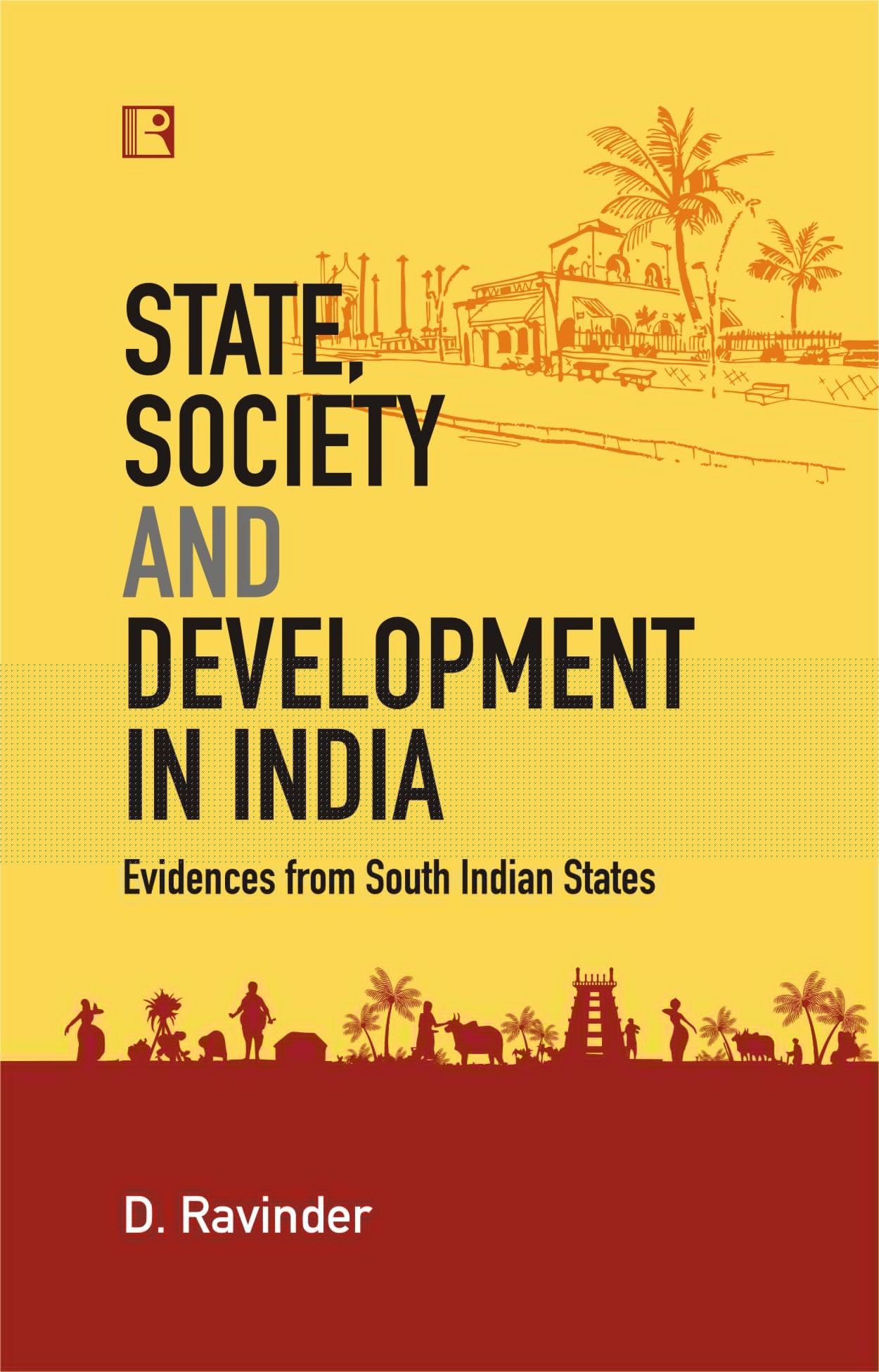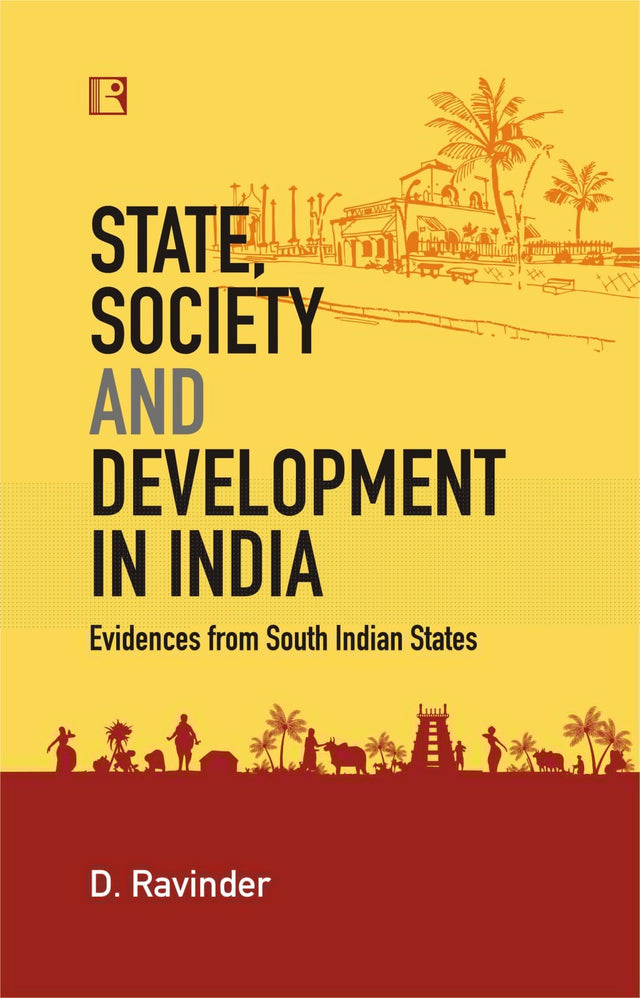STATE, SOCIETY AND DEVELOPMENT IN INDIA: Evidences From South Indian States
STATE, SOCIETY AND DEVELOPMENT IN INDIA: Evidences From South Indian States is backordered and will ship as soon as it is back in stock.
Couldn't load pickup availability
Genuine Products Guarantee
Genuine Products Guarantee
We guarantee 100% genuine products, and if proven otherwise, we will compensate you with 10 times the product's cost.
Delivery and Shipping
Delivery and Shipping
Products are generally ready for dispatch within 1 day and typically reach you in 3 to 5 days.
Book Details
-
Publisher: Rawat Publications
-
Author: D. Ravinder
-
Language: English
-
Binding: Hardcover
-
Number of Pages: 238
-
Release Date: 23-04-2024
-
ISBN: 9788131613757
-
Package Dimensions: 9.5 x 7.2 x 1.3 inches
About the Book
This book explores the repercussions of the neoliberal development model on various social strata and states, highlighting the growing disparities in resource distribution. It critically assesses the efficacy of current policies, often seen as arbitrary, ad-hoc, and unsustainable, and delves into diverse issues in public policy, rural development, socio-economic policies, and democratic decentralization.
Focusing on poverty eradication, rural development programs, and the Backward Classes Movement, this work examines the challenges of decentralization, particularly in the South Indian State—erstwhile Andhra Pradesh. It also looks at how liberalization has impacted agriculture and forestry policies, giving a comprehensive overview of regional imbalances and local area development schemes.
Drawing from over three decades of research, this compilation offers valuable insights for policymakers to help reorient development strategies and address gaps in implementation. By emphasizing the importance of considering the diverse social groups and classes, the book aims to guide the creation of more inclusive public policies.
Contents
An Introductory Treatise
Section I: State, Marginalized Communities and Development
-
Indian State through the Ages
-
New Economic Policy and Rural Development
-
‘ADARANA’ Programme and Vote Bank Politics in Andhra Pradesh
-
Political Economy of Rural Development: A Study of IRDP
-
Reorganization of the Districts and the Changing Socio-economic and Political Dynamics in Telangana: An Analysis
-
Victimizing Dalits: An Encounter Story in Palakurthi of Andhra Pradesh
-
Public Policies for Marginalized Communities in India: A Study of Shepherd Community Development Programmes in a South Indian State
-
Development Policies and Displacement of Shepherd Communities in Andhra Pradesh
-
Mapping Backward Class Movements in Andhra Pradesh: Issues and Challenges
-
Decentralization of Education in Andhra Pradesh
Section II: Decentralized Governance and Rural Development
-
Five Decades of Decentralization Process in Andhra Pradesh
-
Decentralized Governance in Andhra Pradesh: A Study of Devolution of Powers, Functions, and Functionaries to Panchayati Raj Institutions
-
Governance of Panchayats in Andhra Pradesh: The Need for Revitalization
-
Dynamics of Administrative Reforms in Panchayati Raj System: A Study of Village Secretariat in Andhra Pradesh
-
Agriculture Strategy for New India: A Study with Special Reference to Telangana State
-
Rural Development and Regional Imbalances: A Study of IRDP
-
Panchayats and Local Area Development Scheme in India
-
Forest and Grazing Policies in Andhra Pradesh: Contestations from Civil Society
-
Srikrishna Committee: Thorough but Unviable
About the Author
D. Ravinder is a distinguished Professor of Political Science and Vice-Chancellor at Osmania University, Hyderabad. With over 32 years of experience in teaching, research, and administration, Dr. Ravinder has contributed significantly to the fields of Indian Political Process, Public Policy, Panchayati Raj, and Rural Development. He has authored over 25 research articles, edited four books, and completed various UGC research projects.
Dr. Ravinder actively contributes to national and international conferences, addressing contemporary issues, and writes regularly for newspapers on socially pertinent topics. As Vice-Chancellor, he led a 21-point agenda focused on improving teaching, research, and administrative practices across the university and affiliated colleges.





